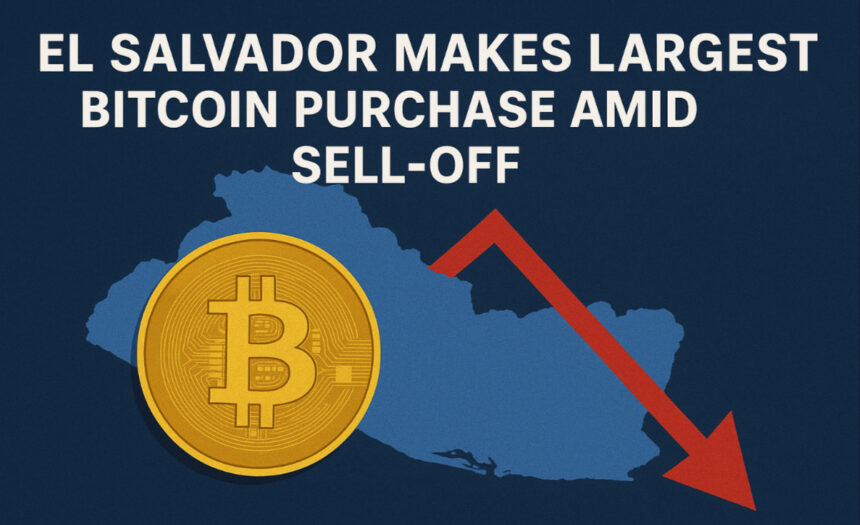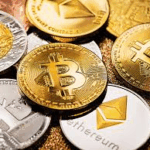Introduction
Recently, news broke out that El Salvador, during the Bitcoin dip, purchased another record amount of Bitcoin, surpassing $100 million in another single-day acquisition. This marks the largest purchase of the cryptocurrency since the country started buying Bitcoin in early 2021.
Amount Owned and Acquisition of Bitcoin
During the week, El Salvador purchased another 1,090 Bitcoin, making their total holding at approximately 7,474 BTC valued around $676 million. This purchase, as reported, was from El Salvador’s government Bitcoin office and was posted online by the president of El Salvador, Nayib Bukele. Since November 2022, the government seems to have a pattern, stating they have purchased at minimum, one Bitcoin a day, significantly increasing their total Bitcoin holdings.
Reasoning Behind the Purchase
The Director of the Bitcoin Office, Stacy Herbert, has mentioned that the rationale for the purchase of Bitcoin surpassing all other cryptos is to focus on bolstering El Salvador’s financial independence and reducing the dependency on the banking systems, the dollar, and on the global economy. “The financial structure is to secure real value in the long run while keeping control over our financial system,” Herbert explained.
Though the adoption of Bitcoin remains slow within the domestic market, the crypto agenda of the government is also being pursued without restraint. The international Monetary Fund (IMF) has advised the nation on the risks that come with exposure to Bitcoin, warning of financial instability.
Herbert pointed to on-chain records as proof of the steady accumulation and claimed that as of recently, the country’s Bitcoin reserves were worth around $482 million, which is only paper profit. The reserves’ total is worth around $775 million today, which is an increase of over 162% compared to 2022, when the country had around 6,246 BTC.
El Salvador also is expanding further its presence in the crypto world. The country formed an unexpected partnership with Pakistan to study the application of Bitcoin in public works, a remarkable event given the two countries’ historically modest economic relations. Furthermore, the nation declared that it will have a state-financed Bitcoin conference in San Salvador in the following month.
From the technological perspective, El Salvador started the digitization of official documents on the Bitcoin blockchain, collaborating with the US company Simple Proof, which offers solutions with timestamps to verify the authenticity and integrity of the digitally recorded documents. Simple Proof CEO, Carlos Toriello stated that “Bitcoin is not just the money nobody controls, it is also the only clock nobody can manipulate.”
Some puzzlement also accumulated in July when two senior officials asserted that the government had not bought Bitcoin since February. This contradicted statements made by President Bukele and the Bitcoin Office which fully outlines the lack of transparency resulting from the challenges of such a prominent and controversial crypto strategy.
With record purchases and new international partnerships, El Salvador continues to describe itself as a pioneering The Bitcoin Nation, albeit with a less controversial approach as the economic environment is geared towards the utmost economic volatility and global scrutiny.
Conclusion
To summarize, El Salvador employees steadfast determination for their Bitcoin purchases, showcasing the country’s dedication to their crypto-based economic strategy, regardless of market downturns and other countries’ doubts.
The country is likely to be the foremost in the world with digital currency as they pivot their economic strategy. The country is positioning themselves as a frontrunner in the digital economy as they continue to bolster reserves, seek international collaborations, and integrate blockchain into their infrastructure.
Despite El Salvador’s unique crypto-based economic strategy, significant risks remain as they adopt Bitcoin to escape the monopoly of the dollar, encourage economic and technological entrepreneurial growth, and create a self-reliant economy.









